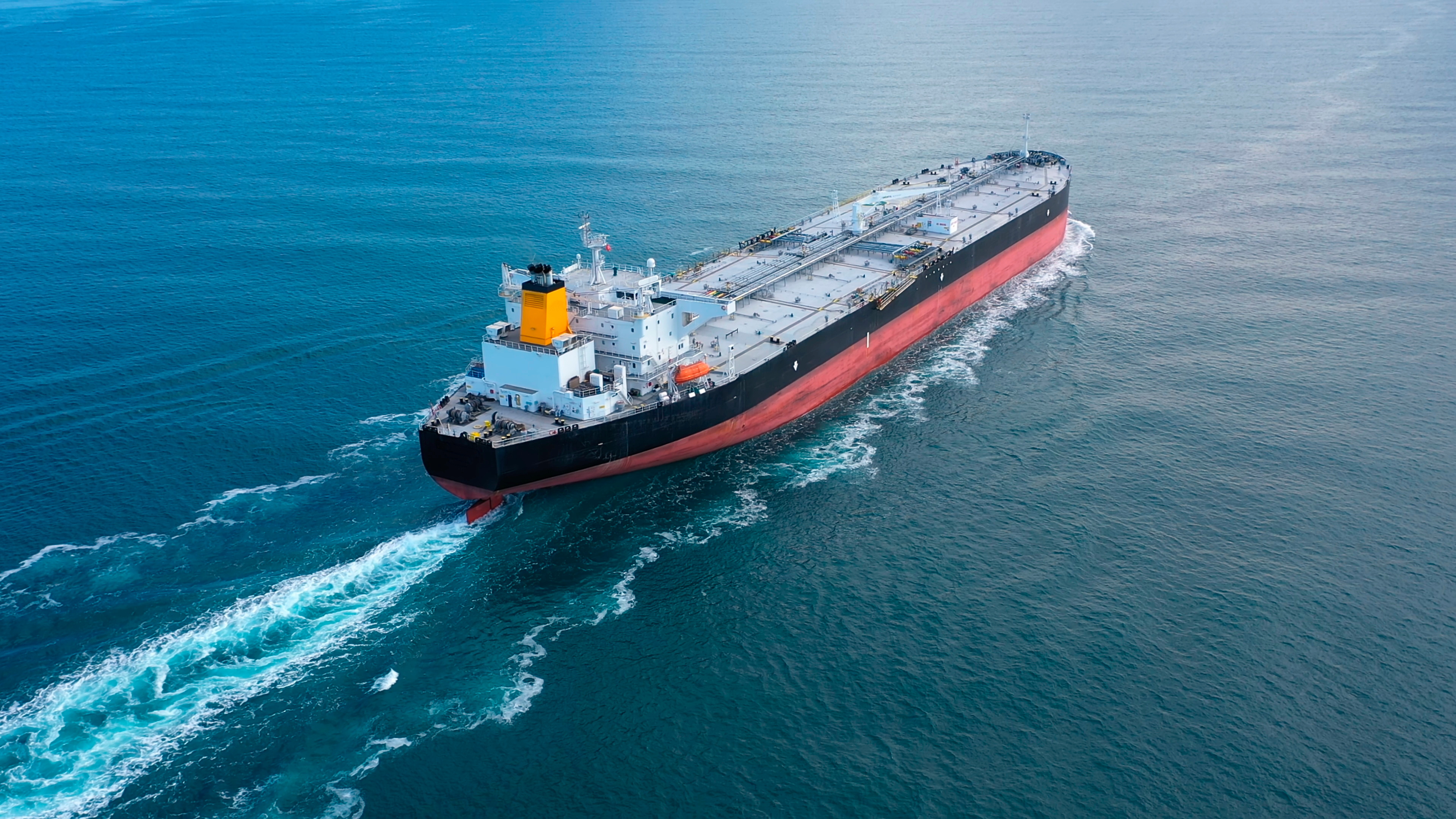The German Civil Code provides a general 3 years time bar period which applies to contractual as well as to statutory claims. If a damage or a personal injury is latent long-stop dates of up to 30 years apply.
For certain kinds of claims German law stipulates special time bar periods which prevail over the general 3 years time bar period. For maritime claims the German Commercial Code provides 1 year and 2 years time bar periods.
Time bar periods under German law are suspended by force of law and out of court in certain situations. The German Civil Code stipulates for instance that a time bar period is suspended by negotiations between the claimant and the debtor regarding the claim and its circumstances until one of the parties refuses to continue the negotiations. For maritime claims the German Commercial Code provides that a time bar period is suspended by the first notice of liability which the claimant sends to the debtor until the debtor rejects liability. Further notices of liability which the claimant sends to the debtor subsequently do not suspend the time bar period again.
Table on certain time bar periods under German law
Nature of ClaimTime Bar
| Contractual and statutory claims (no special time bar periods applicable) | Within 3 years of the end of the year in which the claim arose and in which the claimant obtained knowledge of the circumstances of the claim and the identity of the debtor |
| Latent personal injury claims (no special time bar periods applicable) | Within 30 years of the date of the act or omission causing the injury irrespective of when the claim arose and when the claimant obtained knowledge or should have obtained same |
| Latent damage claims (no special time bar periods applicable) | Within 10 years of the date when the claim arose irrespective of when the claimant obtained knowledge or should have obtained same or within 30 years of the date of the act or omission causing the damage irrespective of when the claimant obtained knowledge or should have obtained same; the period that ends first is applicable |
| Other damages claims (no special time bar periods applicable) | Within 10 years of the date when a claim arose irrespective of knowledge or grossly negligent lack of knowledge |
| Contract of sea carriage and bill of lading claims | Within 1 year of the date when the goods were delivered or should have been delivered |
| Recourse claims of debtors of contract of sea carriage and bill of lading claims | Within 1 year of the date when a judgment against the recourse claimant became final and binding or when the recourse claimant settled the claim provided that the recourse claimant has informed the recourse debtor about the damage within 3 month after the recourse claimant became aware of the damage and the identity of the recourse debtor |
| Charter party claims | Within 1 year of the end of the year in which the claim arose |
| Recourse claims of debtors of charter party claims | Within 1 year of the date when a judgment against the recourse claimant became final and binding or when the recourse claimant settled the claim provided that the recourse claimant has informed the recourse debtor about the damage within 3 months after the recourse claimant became aware of the damage and of the identity of the recourse debtor |
| General average contribution claims | Within 1 year of the end of the year in which the claim arose |
| Passenger personal injury claims | Within 2 years of the date of disembarkation |
| Passenger death claims | Within 2 years of the date when disembarkation should have taken place or if the passenger died after disembarkation of the date of the passenger's death but not later than 1 year after disembarkation |
| Damage to, loss of or delayed re-delivery of luggage claims | Within 2 years of the date of disembarkation or when the passenger should have disembarked, whichever is later |
| Collision and damage without collision claims | Within 2 years of the time of the incident causing the damage |
| Salvage claims | Within 2 years of the completion of the salvage measures |
| Recourse claims of debtors of salvage claims | Within 1 year of the date when a judgment against the recourse claimant became final and binding or when the recourse claimant settled the claim provided that the recourse claimant has informed the recourse debtor about the damage within 3 months after the recourse claimant became aware of the damage and of the identity of the recourse debtor |
| Wreck removal claims | Within 2 years of the completion of the wreck removal efforts |
| Recourse claims of debtors of wreck removal claims | Within 1 year of the date when a judgment against the recourse claimant became final and binding or when the recourse claimant settled the claim provided that the recourse claimant has informed the recourse debtor about the damage within 3 months after the recourse claimant became aware of the damage and of the identity of the recourse debtor |




